When it comes to serious work like pulling heavy trailers, hauling construction equipment, or climbing mountain passes with thousands of pounds behind you, diesel engines have been the go-to choice for decades. Gas engines are more than capable of handling daily driving and lighter loads, but when it comes to consistent, heavy-duty performance, diesels have a clear edge. The reasons go far beyond simple horsepower figures. It is a combination of torque, efficiency, durability, and overall design that makes diesels the superior tool for the hardest jobs.
Torque Where It Matters Most
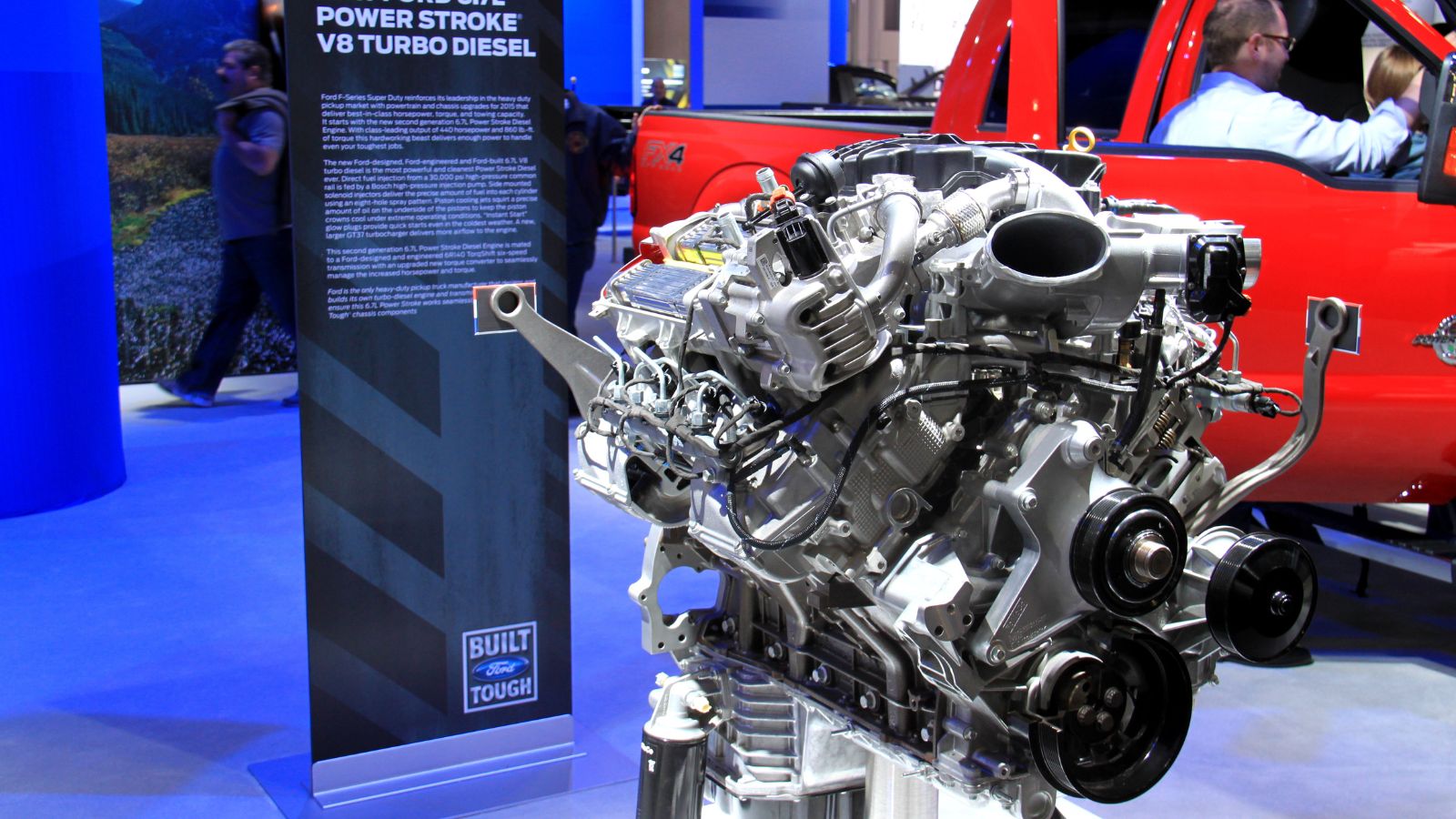
The biggest advantage diesel engines bring to the table is torque. Torque is the twisting force that gets a heavy load moving from a dead stop, and diesels deliver huge amounts of it at low RPM. This means a diesel truck can pull a heavy trailer smoothly without having to rev the engine to high speeds. Gas engines, by contrast, make most of their power higher in the rev range, which forces them to downshift frequently when faced with steep grades or heavy loads. For truck owners, this translates into fewer gear changes, better stability when towing, and far less stress on the engine when tackling demanding terrain.
Durability and Heavy-Duty Design
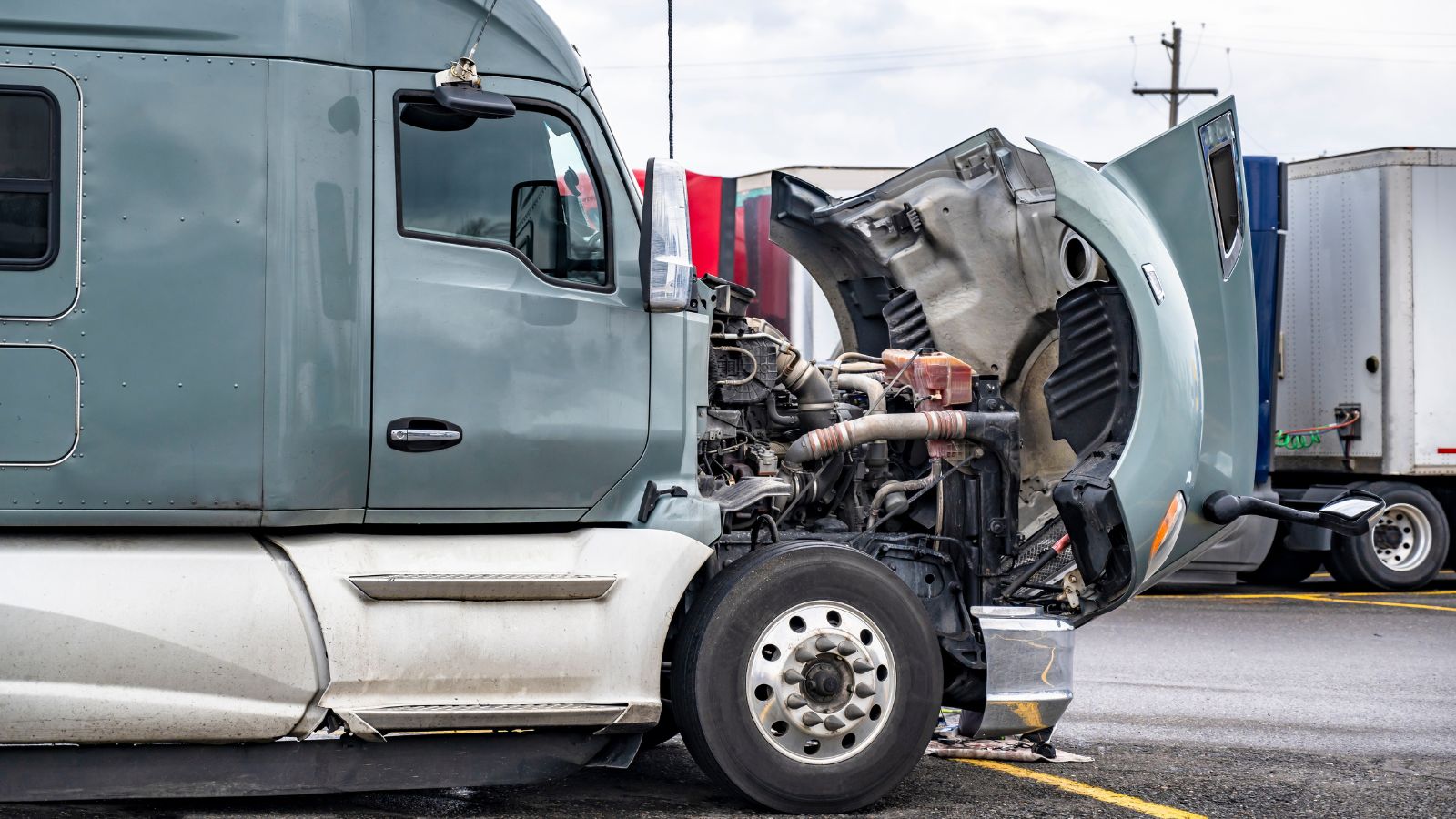
Diesel engines are built like tanks because they have to withstand higher compression ratios than gas engines. That means their blocks, pistons, and crankshafts are thicker, heavier, and designed to take more punishment. This overbuilt nature makes them particularly suited for hauling and towing since they can handle continuous strain for long periods without breaking down. Gas engines can tow, but when subjected to maximum loads over time, they generally wear out faster. Diesel powertrains are designed from the ground up for commercial-level workloads, which is why they dominate in semi-trucks, buses, and heavy equipment.
Better Fuel Efficiency Under Load

Diesel fuel contains more energy per gallon than gasoline, and diesel engines operate at higher efficiency thanks to their lean burn cycles and high compression. This efficiency becomes especially important under load. A gas engine pulling a heavy trailer often sees its miles per gallon drop dramatically, while a diesel maintains relatively consistent efficiency. Over the course of long hauls, this translates into fewer fuel stops, lower operating costs, and greater convenience for drivers covering thousands of miles a month. It is one of the main reasons fleets continue to rely on diesel power even as gasoline technology improves.
Engine Braking and Control on Steep Grades
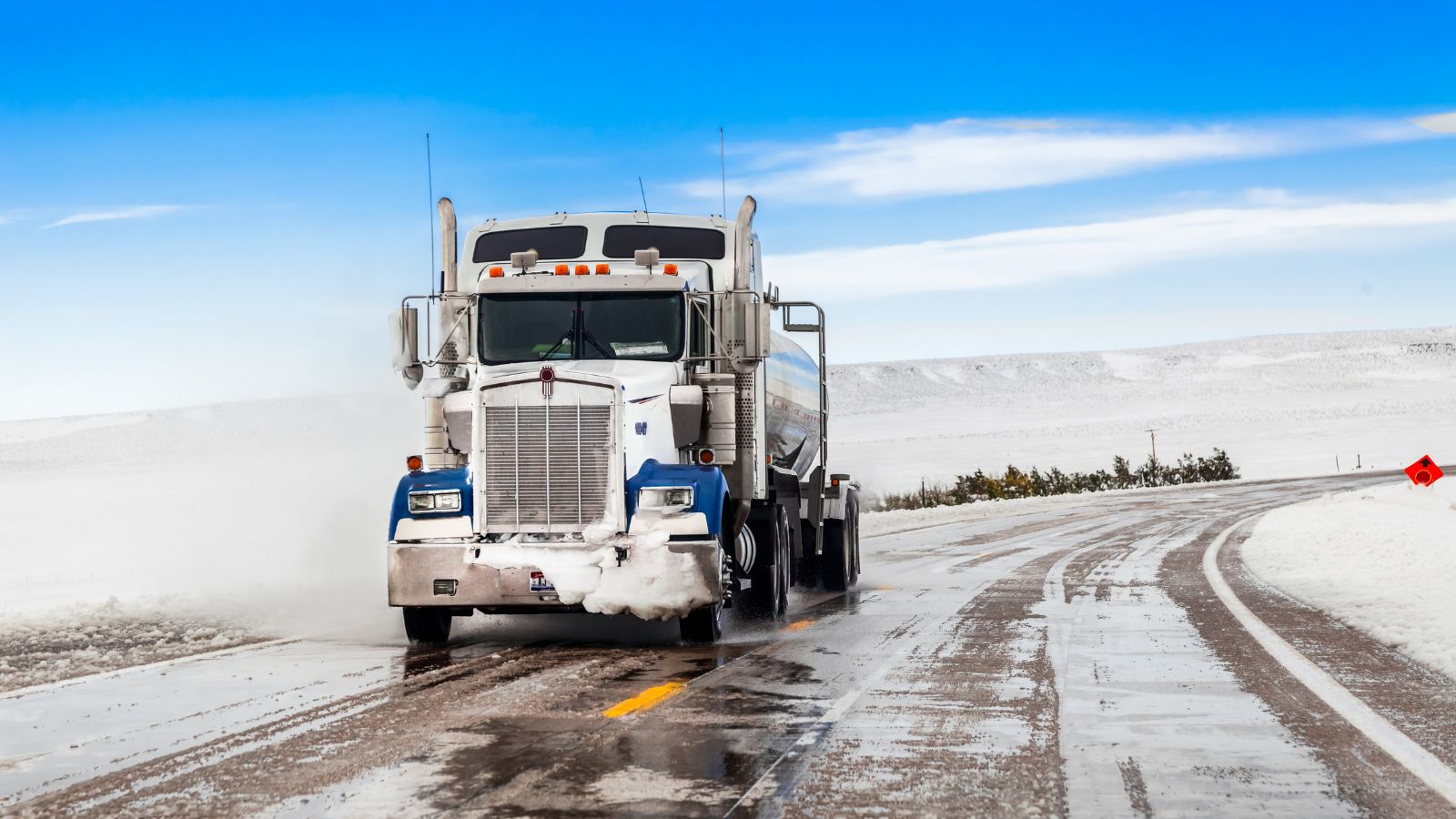
When you are towing tens of thousands of pounds down a mountain pass, control matters as much as power. Diesels often come equipped with exhaust braking systems that use backpressure to slow the vehicle. This reduces strain on the traditional brakes and helps prevent overheating and fade during long downhill runs. For truckers or RV owners navigating hilly terrain, this feature adds a critical layer of safety. Gas trucks rarely offer engine braking systems of the same effectiveness, leaving drivers more dependent on traditional braking.
Longevity in Demanding Conditions
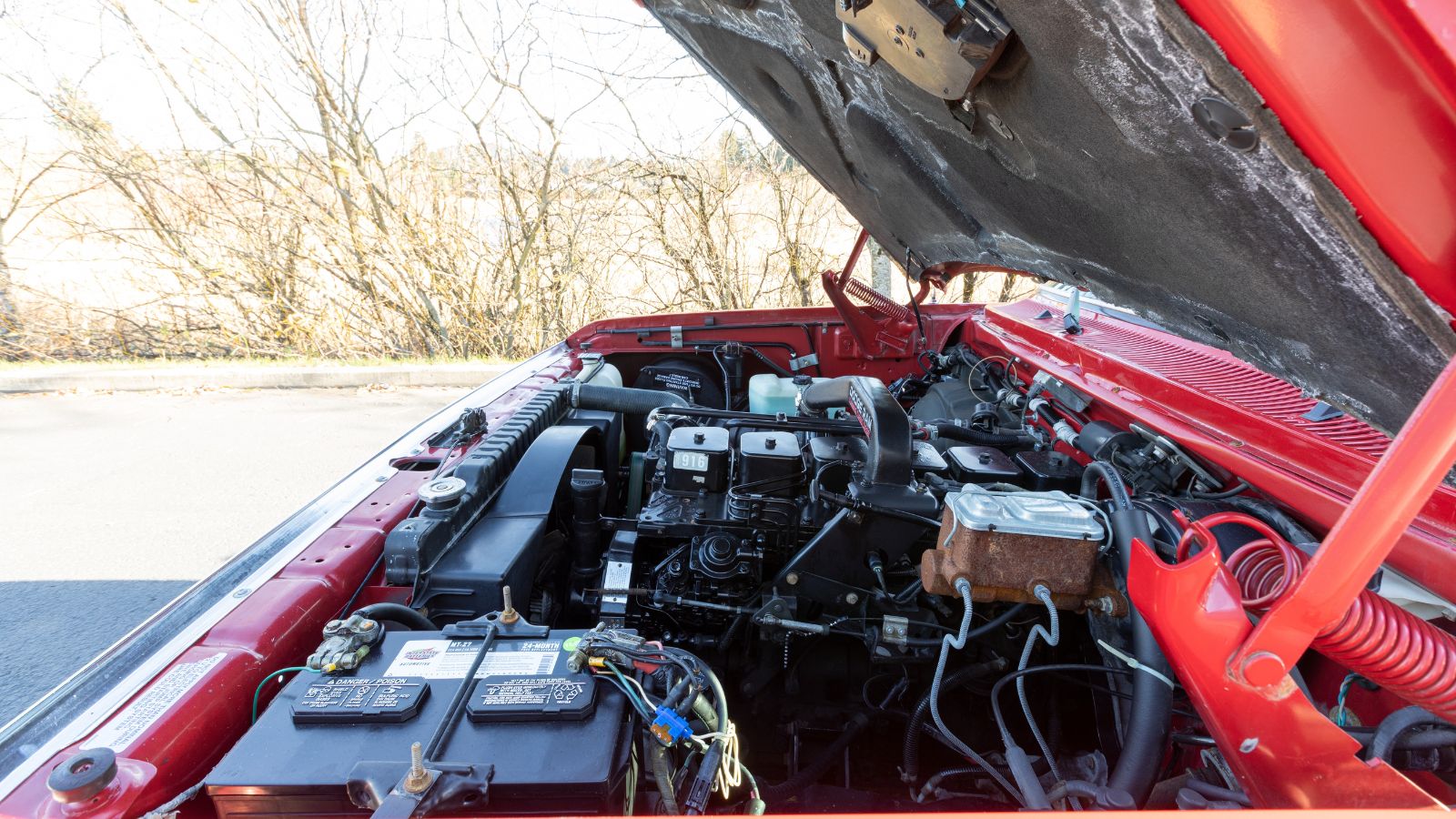
Longevity has always been a hallmark of diesel engines. With proper care, it is common to see a diesel pickup or semi-truck logging half a million miles or more. Some of the most durable diesels exceed one million miles before needing a full rebuild. Their robust design allows them to operate at lower RPMs for most of their life, reducing wear compared to gas engines that often rev higher. For operators who haul and tow daily, this longevity is not just a bonus but a financial advantage, as it reduces downtime and replacement costs over the long term.
Real-World Examples of Diesel Powerhouses

Ford’s Super Duty lineup with the Power Stroke diesel is a prime example of why diesel dominates towing. With massive torque available just above idle, it can haul horse trailers, campers, and work equipment effortlessly. Ram’s Cummins-powered heavy-duty trucks are legendary among truck owners for their combination of raw pulling power and reliability, often running hundreds of thousands of miles with minimal issues. Chevrolet and GMC’s Duramax diesels offer smooth operation and impressive towing capacity, making them favorites among contractors and RV enthusiasts. Each brand proves that while gas engines might cover casual towing needs, diesel is the undisputed choice when towing becomes a way of life.
Why Some Still Choose Gas Trucks

To be fair, gas trucks still have a place. They are generally less expensive to buy upfront, and for people who tow only occasionally or haul lighter loads, a modern gas engine may be the more economical option. Maintenance and repair costs for diesel trucks can be higher, especially with modern emissions systems like diesel exhaust fluid and particulate filters. Gas engines also tend to be quieter and smoother, appealing to buyers who prioritize comfort over maximum performance. For those who only tow a boat on weekends or use their truck mostly as a daily driver, a gas engine might make sense. But for consistent heavy-duty use, diesel is still the smarter investment.
All Torque
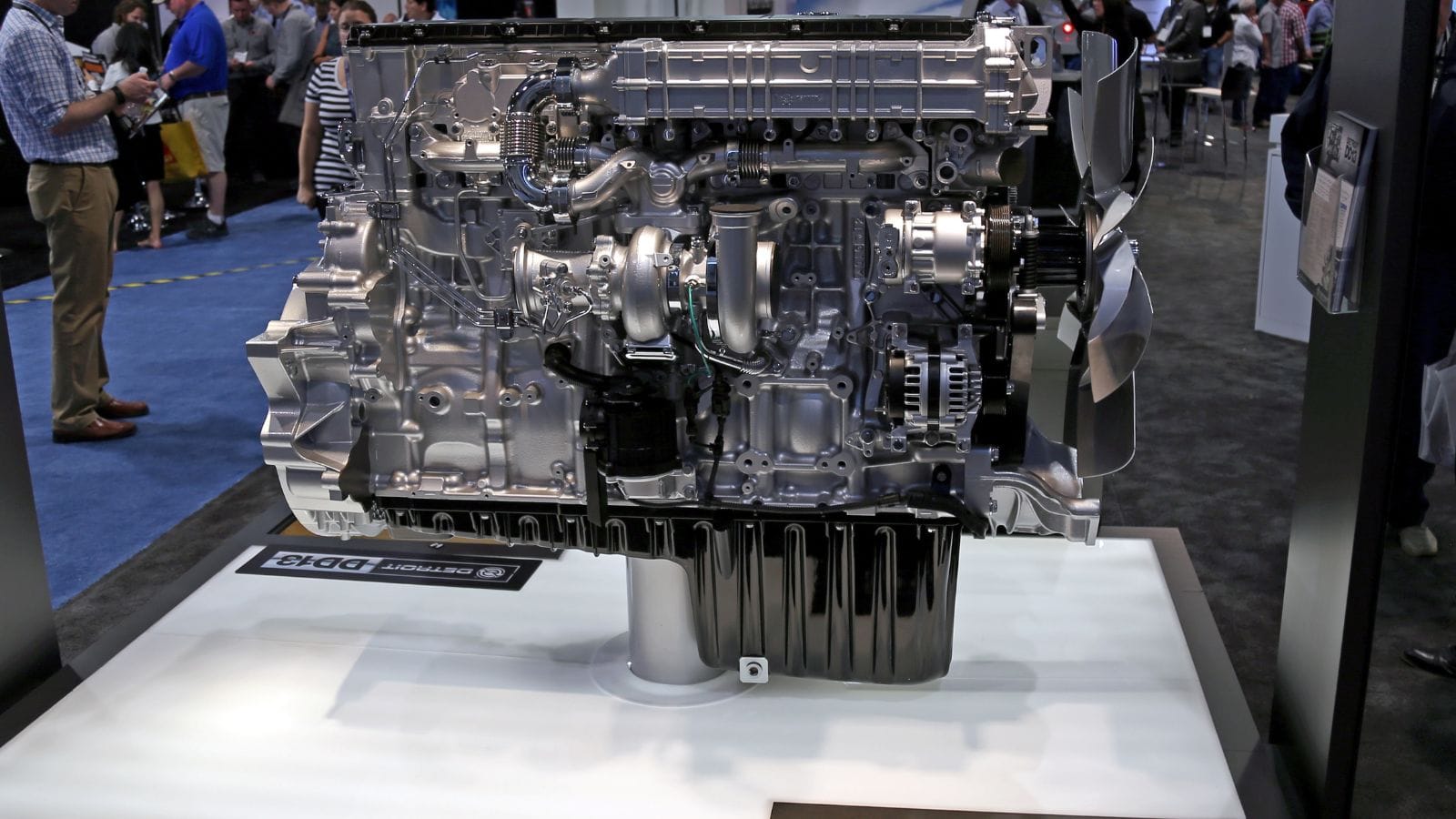
Diesel engines remain the benchmark for towing and hauling because they provide immense low-end torque, unmatched durability, and superior efficiency under load. Features like exhaust braking add an extra layer of safety that gas trucks rarely match. While gas engines continue to improve and make sense for occasional towing or lighter duty work, diesel power still stands tall when the job demands maximum strength and reliability. For long hauls, steep climbs, and the heaviest loads, diesel is not just better—it is essential.
25 Facts About Car Loans That Most Drivers Don’t Realize

Car loans are one of the most common ways people fund car purchases. Like any other kind of loan, car loans can have certain features that can be regarded as an advantage or a disadvantage to the borrower. Understanding all essential facts about car loans and how they work to ensure that you get the best deal for your financial situation is essential. Here are 25 shocking facts about car loans that most drivers don’t realize:
25 Facts About Car Loans That Most Drivers Don’t Realize
